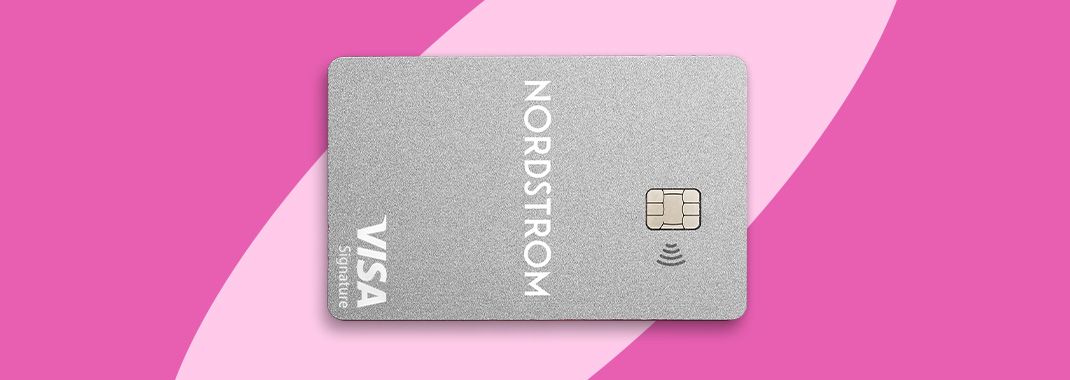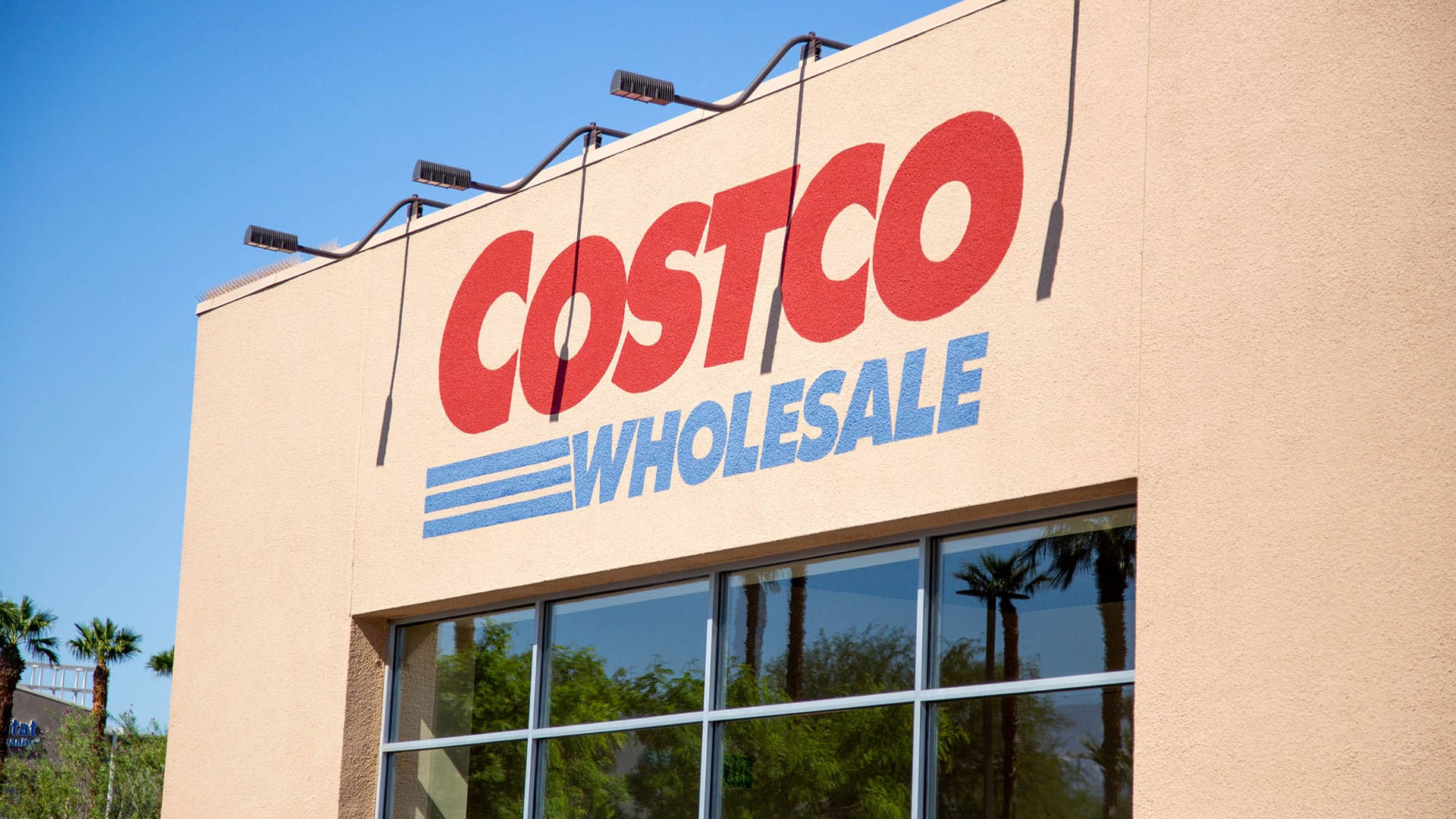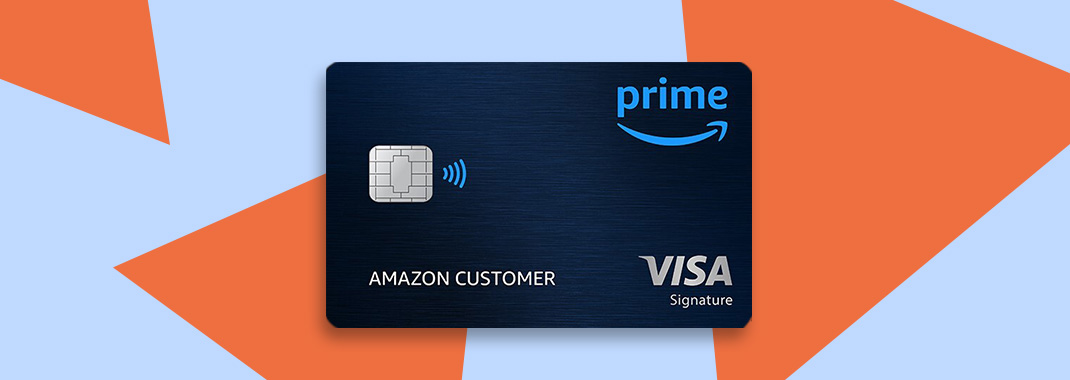Most products on this page are from partners who may compensate us. This may influence which products we write about and where and how they appear on the page. However, opinions expressed here are the author's alone, not those of any bank, credit card issuer, airline or hotel chain.
Not all available financial products and offers from all financial institutions have been reviewed by this website.
If you’ve ever shopped at a major retail store, chances are you’ve been hit with the inevitable sales pitch, “Would you like to save an extra 15% by signing up for our store credit card?” In high school, I made this pitch frequently as a sales associate at Macy’s. We were rewarded with cash incentives and the customers walked away with savings on their purchases. Sounds great, right? Except store credit cards have some disadvantages that make them less than ideal for certain customers.
Store credit cards can carry high-interest rates and typically lack meaningful rewards outside of particular retailers. They might not be a good fit if you want a credit card that rewards more than one spending category. That being said, store credit cards also have a lot of positives. They’re generally easier to get approved for and some offer fantastic incentives for new applicants. Here’s a breakdown of when a store credit card is worth getting and when you might want to skip t
What Are Store Credit Cards?
Store credit cards are issued by specific retail stores or brands and are meant to reward loyal shoppers of that brand. Unlike traditional credit cards, most store cards are designed to be used exclusively at the issuing store or a group of affiliated stores.
Here are some unique characteristics of store credit cards:
- Closed loop vs. open-loop cards: Stores may have closed-loop cards that can only be used at the store, while some may also offer an open-loop card that can earn rewards outside of the store. The store decides which version to approve you for based on your creditworthiness.
- Approval: They’re generally easier to get approved for than cards issued by major banks, though often they lack welcome bonus incentives.
- Benefits: Store credit cards offer various benefits to incentivize customers to use them for their purchases, including discounts, rewards points, special financing options and exclusive sales.
- High APR: While store credit cards can be convenient for frequent shoppers at a particular store, they typically come with higher interest rates compared to traditional credit cards.
 Related Article
Related Article
Best Credit Cards for Online Shopping (April 2025)
Pros and Cons of Store Credit Cards
Pros
- Most don’t have annual fees
- Easier to qualify for than traditional credit cards, which means you can use them to build credit
- Some offer generous 0% financing options on new purchases
Cons
- Most lack a welcome bonus (aside from retail discounts)
- Limited usability outside of specific stores or brands
- High interest rates
When Is a Store Credit Card Worth It?
Despite the limitations around their use and redemption options, store credit cards can be worth it in certain situations. Here are some examples of when a store credit card can be worth it:
- You have a limited credit history: A store credit card can be easier to qualify for compared to traditional credit cards. Making timely payments and keeping balances low can help establish or improve your credit score.
- You frequently shop at a specific store or brand: Using the store's credit card can help you earn exclusive discounts, rewards or special promotions that can save you money in the long run.
- The sign-up perks are valuable to you: If the initial sign-up bonus or perks are valuable and align with your shopping habits, a store credit card may be worth considering. For example, if you’re furnishing a house and spending thousands on furniture or appliances, discounts or special financing deals can go a long way.
- The card's rewards align with your spending habits: If the store offers a robust rewards program that matches your shopping preferences and provides significant savings or perks, a store credit card can help you maximize your rewards and enhance your overall shopping experienc
e .
Best Rewards Credit Cards
Visit the Marketplace
When Is a Store Credit Card Not Worth It?
Despite the benefits, store credit cards may not be for everyone. Consider the potential downsides of store credit cards, such as high interest rates and limited usability outside the issuing brand. Here are some examples of when a store credit card may not be worth it:
- If the card doesn't offer long-term value: If you don't see yourself using the card beyond the one-time discount, the card may not be worth the hassle. Some stores also cap the amount you can save with the initial discount, so you may not be saving much after all.
- If you tend to carry a balance on your cards: While some store credit cards offer special financing, others have higher interest rates. If you plan to carry a balance, you may prefer a traditional credit card with a 0% APR offer. Consider if a store card will be beneficial to you in the long run or whether a rewards credit card might better suit your needs.
It's crucial to carefully review the terms and assess your shopping habits and financial situation to make an informed decision based on your specific needs and preferenc
Alternatives to Store Credit Cards
Store credit cards aren’t for everyone due to their limited earning potential and low welcome bonus incentives. If you want an alternative way to earn rewards on your shopping expenses, consider a cash-back credit card with no annual fee. You’ll earn generous rewards without added costs and many of these cards offer 0% introductory APR and welcome bonuses.
Find a Card That Fits Your Spending HabitsBest Credit Cards
Visit the Marketplace
Bottom Line
Store credit cards can offer fantastic value to frequent shoppers looking for added discounts with their favorite retailers. With access to exclusive sales, bonus rewards and the occasional 0% finance offer, they can offer tremendous savings for savvy customers. However, it’s important to be aware of their drawbacks and evaluate whether they fit into both your long-term and short-term financial plan

















